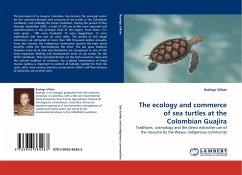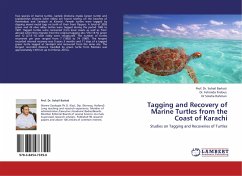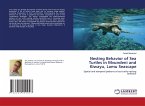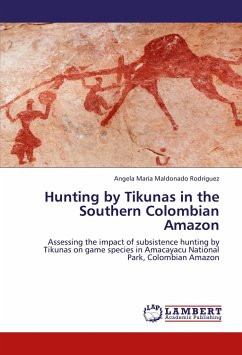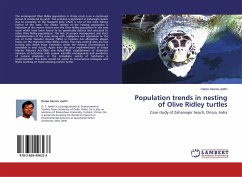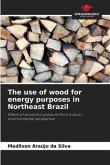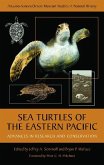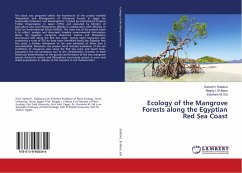The peninsula of La Guajira, Colombia, has become the principal center for the commercialization and consume of sea turtles in the Colombian Caribbean, and probably the Great Caribbean. During the period of May through September 2002, a total of 529 sea turtles were captured and commercialized in the principal cities of the region. From these, 311 were green , 189 were hawksbill, 15 were loggerhead, 13 were leatherback and one was an olive ridley. The profits of this illegal commerce are estimated at more than 500 thousand dollars annually. From this income, the indigenous community receives the least direct benefits, while the intermediaries the most. The sea grass bottoms between Cabo de la Vela and Riohahcha are recognized as one of the most important feeding and development areas of sea turtles for the Wider Caribbean. Their principal threats are the high economic value and the cultural tradition of consume. For a global conservation of these marine reptiles is important to protect all habitats needed for their life cycle; other wise nesting beaches conservation efforts will flaw because of extractive use at other sites.
Bitte wählen Sie Ihr Anliegen aus.
Rechnungen
Retourenschein anfordern
Bestellstatus
Storno

